Conceptualism in Buddhist and French Traditions
The natural versus social origin of language controversy perpetuated two distinct traditions of linguistic reflection in India. Bhartrhari stated in no uncertain terms that the correspondence between the word and what it designates is fixed for all times and no human intervention can change this relationship. Panini’s great treatise, astadhyaya, and Bhartrhari’s sphota continued to be the main tradition of formal linguistics in Inida. The Buddhist proposition of language as social phenomenon where it is the human, conscious perception that determines its various modes and realizations of conceptual constructs became the basis of all speculation on language as generator of significations. Dignaga and Dharmakriti were its foremost logicians.
In Europe, the English reflections on language beginning with twelfth century philosopher Pierre Abelard, steered clear of both Platonic realism and Aristotelian nominalism and proposed a theory of language, called conceptualism, in terms of position huminum, voluntas hominium, language being a human institution, created by the human will. Since then the French intellectual tradition remains equidistant from Anglo-saxon empiricism and German idealism.
Get it now and save 10%
BECOME A MEMBER

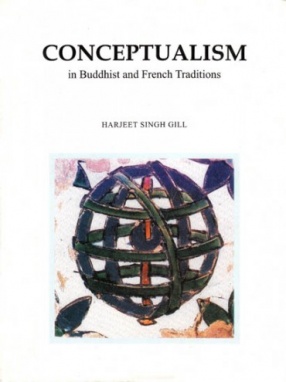
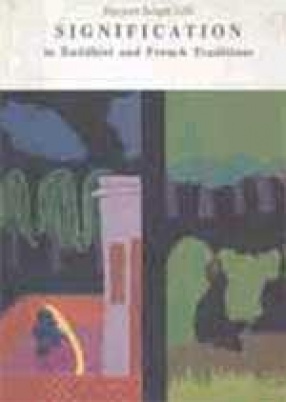
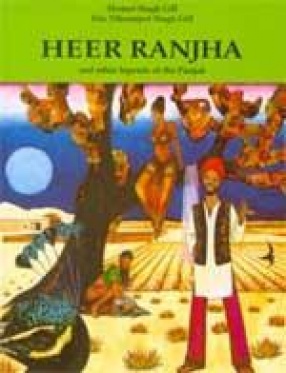
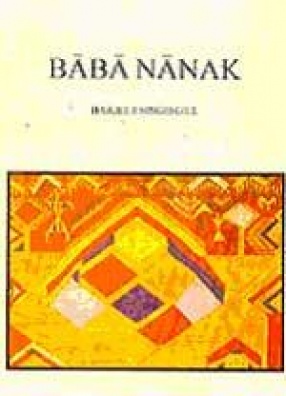
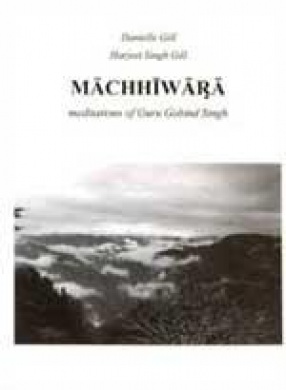
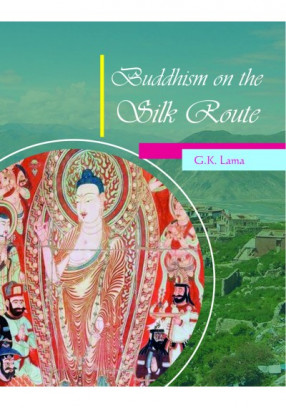
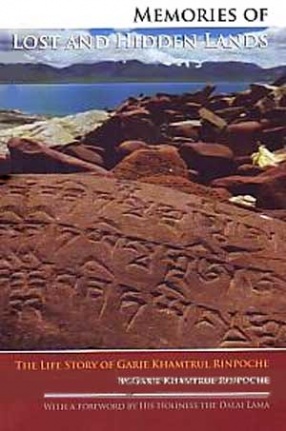
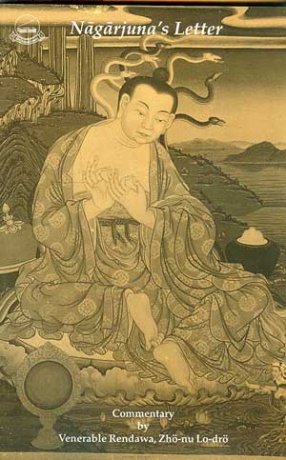
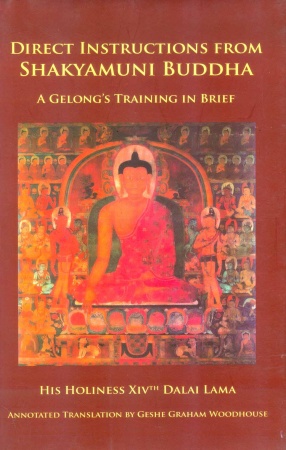

Bibliographic information